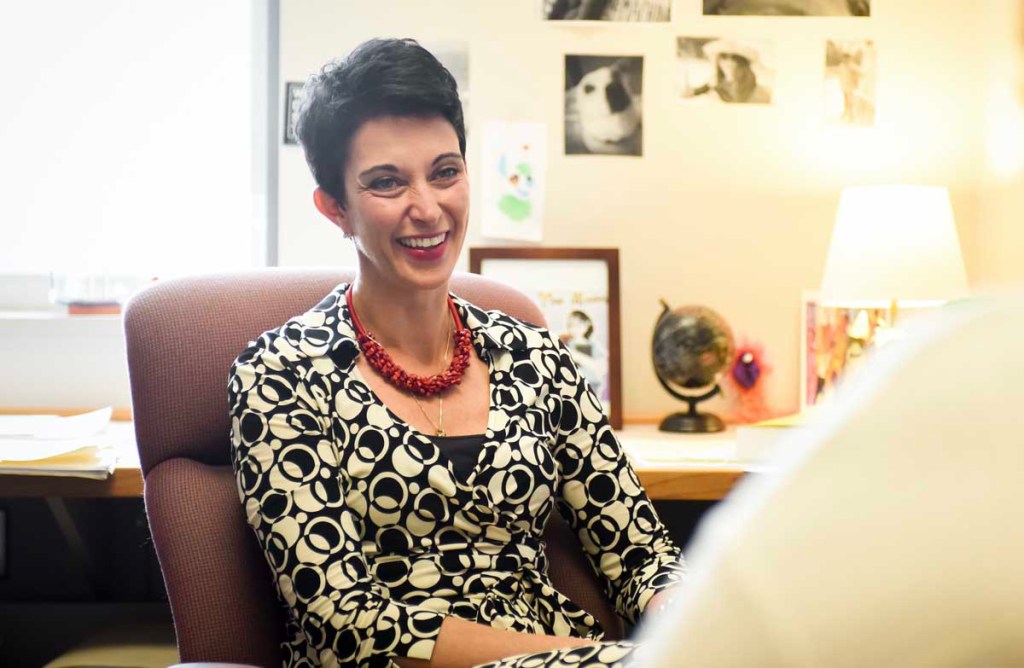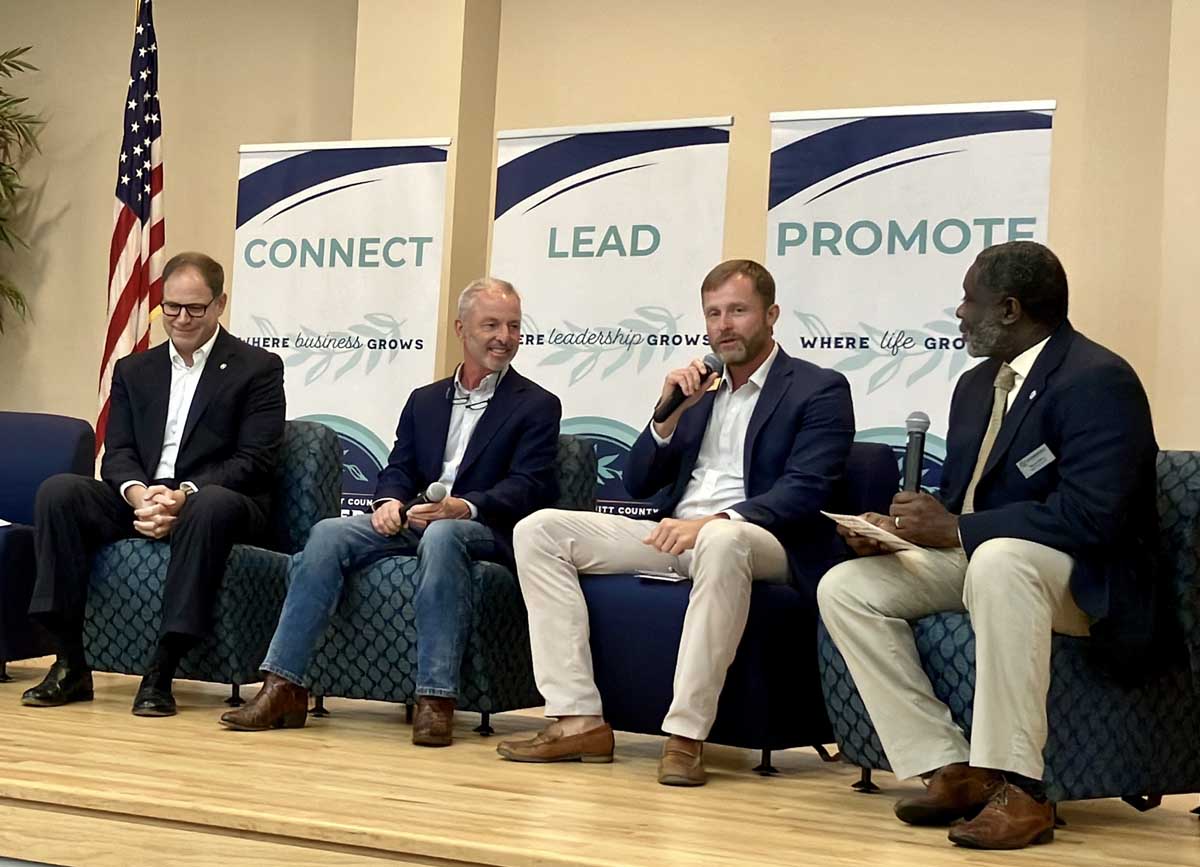GC professor wins Fulbright award
Published 2:00 pm Tuesday, February 27, 2018

- Georgia College professor Dr. Kerry Neville will teach classes in Ireland this fall, thanks to an award from one of academia’s most well-known scholarships.
MILLEDGEVILLE, Ga. — A young Georgia College professor will teach classes in Ireland this fall, thanks to an award from one of academia’s most well-known scholarships.
Trending
For the past several years, Dr. Kerry Neville has taught students the finer points of writing while submitting her own pieces to such publications as the Gettysburg Review and the Washington Post. Now in her second year at Georgia College, the assistant professor of English and author of the short story collection “Necessary Lies” has gained an opportunity to teach students nearly half a world away.
“The Fulbright Award I have received is for faculty who have been invited to teach by a host institution,” said Neville of the J. William Fulbright Scholarship she received earlier this month. “I was over in Ireland in January of 2017 and was giving a lecture at Trinity University in Dublin, and then was also asked to read and talk to a group called Narrative4, which is based in Limerick … I read an essay at the reading in Limerick, and through that was put in contact with people from the University of Limerick, which has a graduate and an undergraduate creative writing program.”
After learning about Neville’s work both in nonfiction and creative writing, University of Limerick faculty were intrigued by the well-rounded American. That summer, Neville returned to the university to teach a writing program and was eventually invited back to teach for a full semester. After a lengthy application process to the U.S. Department of State, which administers the Fulbright Award, this fall Neville will spend a semester teaching graduates, undergraduates, and members of the Limerick community. Although the prestigious award and the chances it provides are exciting for Neville in their own right, the professor also holds a personal connection to the 1,200-year-old city.
“It’s very cool, and it’s also personally interesting because my great-grandmother’s family was also from Limerick,” said Neville. “When she was 16, she wanted to leave and come to the United States, and she bought a ticket on the Titanic. At the very last minute, her parents said, ‘You’re too young to go; sell your ticket and wait another year’. She sold her ticket. Probably to somebody who likely died in steerage in her place, and that’s probably the reason why I’m here.”
While Neville’s short stories, essays, and other works have won her wide acclaim in American literary circles, perhaps her most important work centers on an issue that affects millions of people around the globe. As part of roughly 1 percent of people with bipolar disorder, much of Neville’s nonfiction writing deals with her past struggles with the illness and of mental health issues in general. Having published essays on the topic in such places as the Huffington Post, Neville has become something of a resource to people, both students and perfect strangers, suffering from mental health issues.
“I’ve spoken to a lot of students who reach out to me because they read my work, and they understand that I might know in some small way what they’re going through,” she said. “I’m not a therapist and I don’t ever try and present myself as someone who can give them that kind of assistance, but I do say that it’s OK to let those cracks show … community is really important, and there’s always going to be somebody that you matter to.”
Trending
In being chosen to represent Georgia College for the Fulbright award, Neville expressed excitement at the chance to share her ideas at a university nearly 4,000 miles away. Although she has seemingly always had an innate talent for putting words on a page, the professor said her future looks brighter than she could have hoped for just a few years ago.
“Seven years ago, I had to leave my previous teaching job because my bipolar disorder was unstable, my children were still quite young, and I realized I couldn’t get healthy and also teach full-time,” she said. “If you had asked me seven years ago if I could imagine myself: No. 1 here in this job and happy, and two, being given a Fulbright, I would have said, ‘That’s impossible’. All of this coming together in the past two years has taught me that there’s always something waiting on the horizon that you might not have imagined.”






